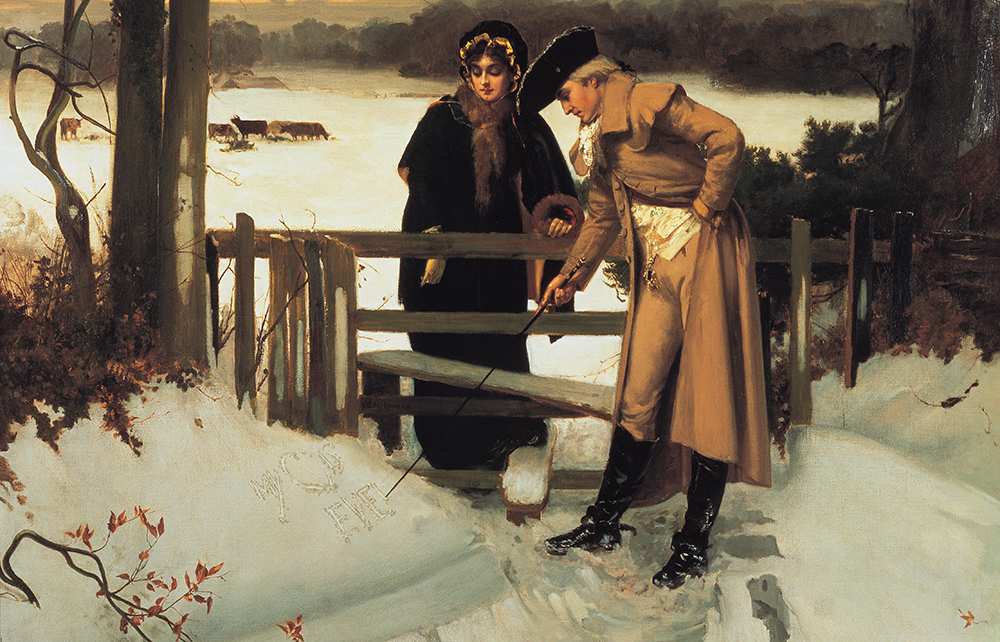Watching Kevin Barry’s progress over the years has been a pleasure. His first novel, City of Bohane, flamboyant with tribal vernacular and savagery, was followed by Beatlebone, a beguiling surreal odyssey, and then Night Boat to Tangier, where two tired old crims wait and talk their way through the dark hours. Escaping Beckett’s long shadow, the vigil had a hint of redemption. Never has the lawless life been depicted with such wry sweetness.
What Barry celebrates above all is language, swooping from desolation to deadpan mirth in a phrase. Pain that lies too deep for tears can be assuaged by laughter. The award-winning novels were interspersed with collections of short stories, prize-winners resonant with the hidden music of the old country. And now we have The Heart in Winter, Barry’s first historical novel, set in 1891 in Butte, Montana, ‘a town of whores and chest infections’. This is the wild west, but with a shamrock twist – the Irish flocking in to work the copper mines alongside immigrants from all over Europe. The rough, raw texture of life, with its violence and casual debauchery, is manifest on every page; but Barry’s glinting, swerving way with words brings poetry to the grilling of bacon and the slicing of liver – and of limbs.
Tom Rourke is a bar-room balladeer, earning what he needs for dope and booze by writing letters for illiterate losers seeking a wife. When sober, he helps out the town’s photographer. One day Polly Gillespie, a mail-order bride from Chicago, steps off the train to marry a well-to-do, God-fearing local. To produce virginal evidence for the marriage bed she carries a sachet of pig’s blood in her handbag. From the registry office it’s straight to the studio for the obligatory wedding photograph, where Tom takes one look into the depths of Polly’s blue eyes and sets catastrophe in motion. Soon there are furtive meetings and passionate couplings in the woods: doomed lovers, though not quite Paolo and Francesca whirling in Dante’s second circle. Polly’s been round the block a few times; Tom’s a druggy wastrel. But love sweeps them from the messy problems of real life into the fantasy of an impossible romance. Saddling up a stolen palomino, they take off for a new life.
The journey through a hardening winter landscape lulls them with its wonder: ‘Spruce and whitebark, pine and juniper, the light hazed and elegiac.’ They make camp-fire friends, encounter trust and generosity and share magic mushrooms. In a forest hut, they slip into a honeymoon idyll; days are wrapped in warmth and dreams. But a crazed husband seeks vengeance, and three Cornish gunmen are on their trail. One night the door swings open and a seven-foot man steps in, his face ‘a warscape, a scarred battlefield, an Agincourt’. He carries a shotgun and a hunting knife. What follows is the first of many surprises.
There’s a cinematic sense of cutting and mixing, parallel threads moving towards the climax, the story told from one point of view and another – the relentless pursuers and even the abandoned husband given a voice. Polly the realist and Tom the dreamer will each find the destiny that always awaited them. Barry was ever the fabulist, and The Heart in Winter is a ballad with a drumbeat of danger and magic.







Comments